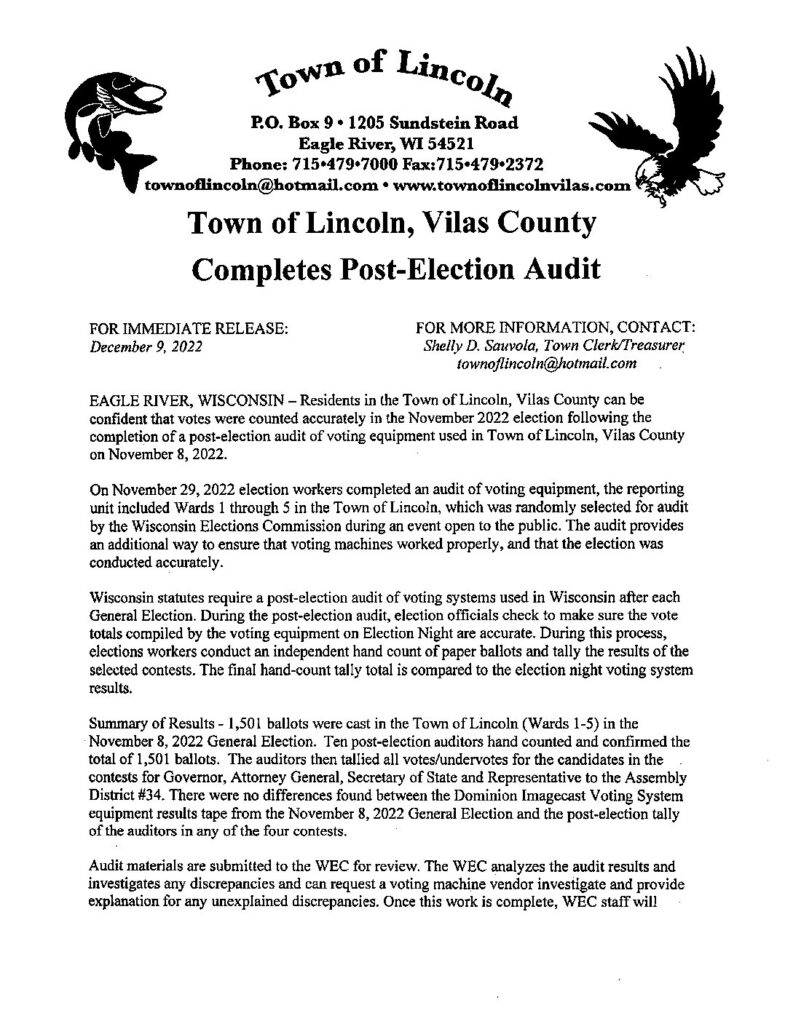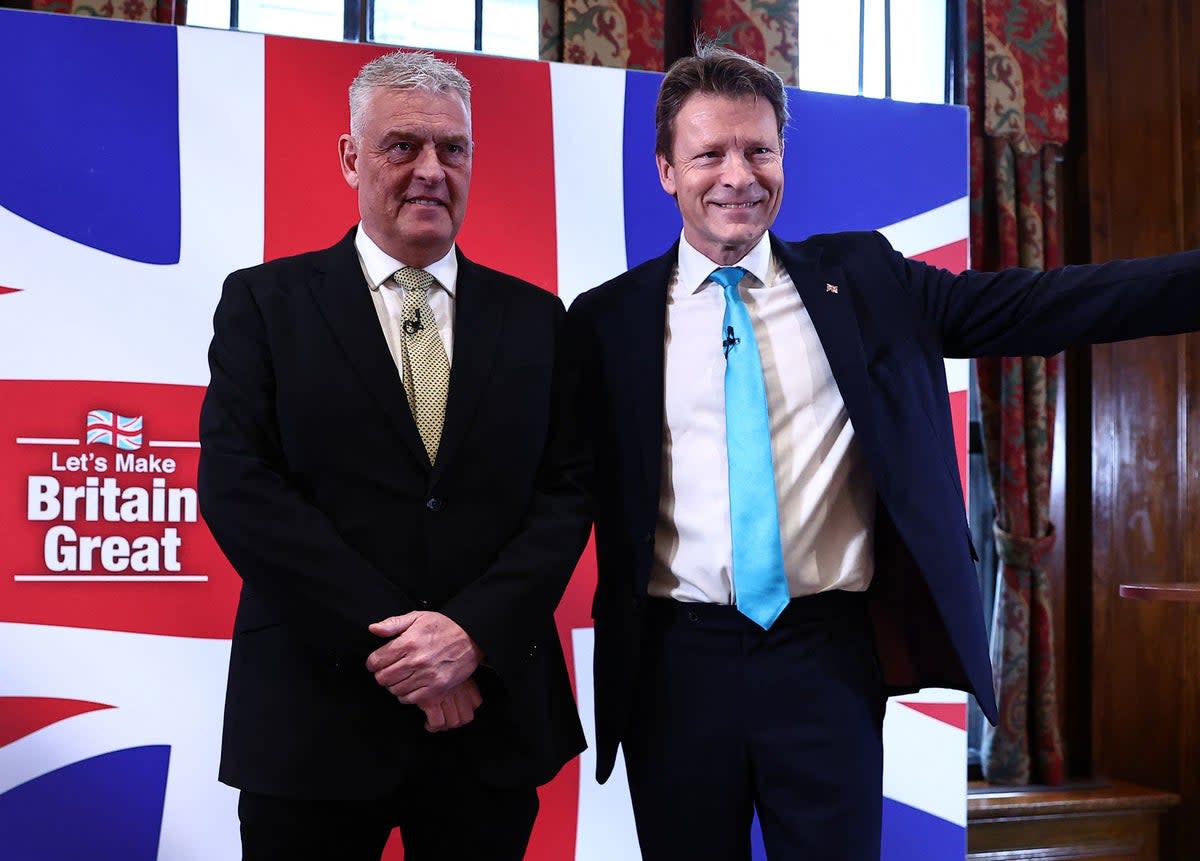Nvidia CEO's Plea To Trump: Revise AI Chip Export Rules

Table of Contents
The Stakes: Why Nvidia Wants Export Rule Changes
Current export restrictions on high-performance computing chips, including Nvidia's advanced AI accelerators, significantly impact the company's business. These restrictions, designed to prevent the transfer of sensitive technology to potential adversaries, limit Nvidia's access to a significant market and hinder its growth.
- Loss of Revenue: The Chinese market represents a substantial portion of the demand for high-performance computing chips, including those used in AI development. The export restrictions directly translate into a significant loss of revenue for Nvidia.
- Competitive Disadvantage: Competitors less affected by these restrictions gain a significant advantage in the rapidly expanding Chinese AI market, potentially allowing them to outpace Nvidia's innovation and market share.
- Hindering AI Research and Development: Restricting access to advanced AI chips can stifle AI research and development not only in China but globally, as collaboration and data sharing become more difficult.
The Chinese market is strategically vital for Nvidia's growth, representing a massive pool of talent, resources, and potential customers. Losing ground in this market could severely impact Nvidia's global leadership in AI chip design and manufacturing, potentially undermining US technological leadership.
The Argument: Nvidia's Justification for Easing Restrictions
Nvidia argues that the current restrictions are overly broad and stifle beneficial collaborations. They advocate for a nuanced approach, focusing on mitigating risks while fostering economic cooperation.
- Non-Military Applications: Nvidia emphasizes that its AI chips are primarily used for commercial applications, such as artificial intelligence research, cloud computing, and data centers, not military purposes.
- Beneficial Collaborations: The company highlights its collaborations with Chinese companies on various AI projects with potential benefits for both countries, from medical research to environmental monitoring.
- Economic Benefits: Easing restrictions could lead to significant economic benefits for both the US and China through increased trade, technological advancement, and joint research opportunities.
Nvidia also suggests implementing better safeguards and monitoring mechanisms to track chip usage and prevent misuse, addressing the national security concerns that underpin the export restrictions. However, counter-arguments persist, with some arguing that the risk of technology falling into the wrong hands outweighs the potential economic benefits.
The Implications: Geopolitical Ramifications of the Export Rules
The Nvidia AI chip export rules are intricately woven into the broader geopolitical context of the US-China technological rivalry.
- US-China Technological Rivalry: The restrictions reflect the ongoing struggle for global dominance in AI, with each nation seeking to protect its technological advantage and prevent the other from gaining a decisive lead.
- Escalating Trade Tensions: These restrictions can further exacerbate trade tensions between the two countries, potentially leading to retaliatory measures and wider economic consequences.
- Impact on Other Countries: The restrictions impact not only China and the US but also other countries that depend on access to advanced AI chips for research and development.
The restrictions might also incentivize the development of alternative AI chip suppliers outside the US, potentially altering the global landscape of AI chip manufacturing and potentially diminishing US dominance. The long-term consequences could include a fragmentation of the AI ecosystem and a slowdown in global AI innovation.
Alternative Solutions: Balancing Security and Economic Growth
Finding a balance between national security and economic growth requires exploring alternative approaches to managing the export of advanced AI chips.
- Stricter Licensing and Monitoring: Implementing stricter licensing procedures and rigorous monitoring of chip usage could mitigate risks without completely blocking access.
- Targeted Restrictions: Instead of broad restrictions, targeted limitations on specific high-risk applications could be more effective, allowing for collaboration in less sensitive areas.
- Increased International Cooperation: Establishing international standards and cooperation frameworks could help create a more transparent and responsible system for managing the export of sensitive technologies.
Conclusion
The debate surrounding Nvidia's AI chip export rules highlights the complex interplay between national security, economic interests, and technological innovation. Arguments for easing restrictions cite lost revenue, competitive disadvantage, and hindered research, while counter-arguments emphasize the potential for technological misuse. The significant implications for both Nvidia's business and the broader geopolitical landscape demand a careful and balanced approach. Further discussion and informed policy decisions on Nvidia AI chip export rules, including exploring alternative solutions, are vital for navigating this critical juncture in the global technological race. A nuanced strategy that addresses security concerns while fostering responsible technological advancement is crucial for the future of AI development worldwide.

Featured Posts
-
 Overvolle Tbs Klinieken De Gevolgen Van Lange Wachtlijsten
May 02, 2025
Overvolle Tbs Klinieken De Gevolgen Van Lange Wachtlijsten
May 02, 2025 -
 Saturday April 12 2025 Lotto Results Check Winning Numbers
May 02, 2025
Saturday April 12 2025 Lotto Results Check Winning Numbers
May 02, 2025 -
 Maines First Post Election Audit Pilot Program A Comprehensive Overview
May 02, 2025
Maines First Post Election Audit Pilot Program A Comprehensive Overview
May 02, 2025 -
 Thes Dansants L Importance D Un Accompagnement Numerique
May 02, 2025
Thes Dansants L Importance D Un Accompagnement Numerique
May 02, 2025 -
 Retirement Of Cfp Board Ceo Implications For The Future Of Financial Planning
May 02, 2025
Retirement Of Cfp Board Ceo Implications For The Future Of Financial Planning
May 02, 2025
Latest Posts
-
 Reform Party Gains Momentum Councillor Switches From Labour
May 03, 2025
Reform Party Gains Momentum Councillor Switches From Labour
May 03, 2025 -
 Lee Anderson Welcomes Councillors Defection To Reform
May 03, 2025
Lee Anderson Welcomes Councillors Defection To Reform
May 03, 2025 -
 Drone Attack On Ship Carrying Aid To Gaza Ngo Statement
May 03, 2025
Drone Attack On Ship Carrying Aid To Gaza Ngo Statement
May 03, 2025 -
 Activist Aid Ship To Gaza Hit By Drone Strikes Ngo
May 03, 2025
Activist Aid Ship To Gaza Hit By Drone Strikes Ngo
May 03, 2025 -
 Ngo Condemns Drone Attack On Gaza Aid Ship
May 03, 2025
Ngo Condemns Drone Attack On Gaza Aid Ship
May 03, 2025
